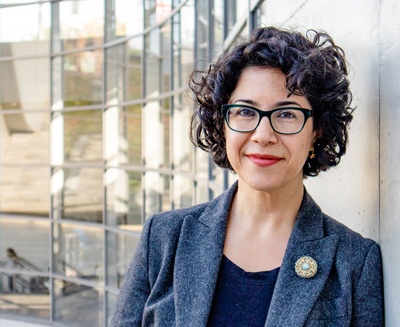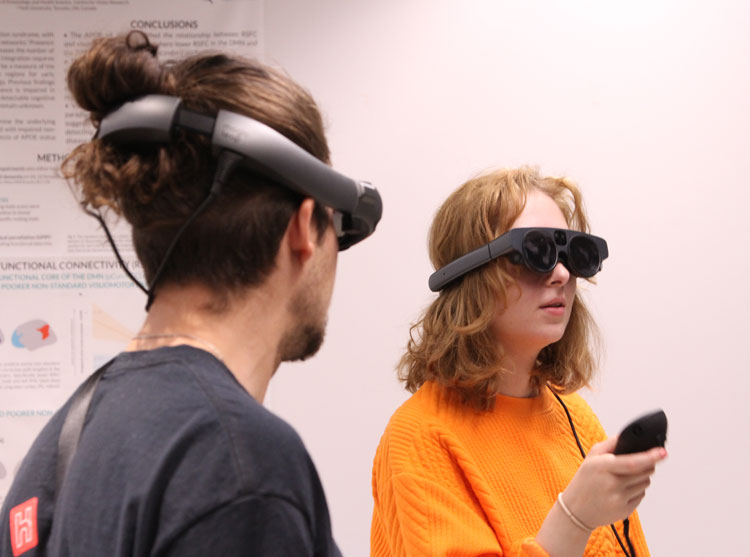
Dr. Parissa Safai
Dr. Parissa Safai
Despite the call of alarms about the push to focus on workplace readiness, there has been neither a critical examination of this pressure on or within Kinesiology as a multi-disciplinary area in higher education, nor the ways in which contemporary Kinesiology programs in Canada shape (or not) students’ perceptions and praxis as they relate to themselves in the world, to human movement, and to community and social welfare, more broadly. Employing qualitative methods, the central question of this study is: How do contemporary Kinesiology programs define and distinguish themselves in Canadian universities and Kinesiology as a multi-disciplinary area of study given the contemporary backdrop of social, political, and economic flux? With co-investigator Dr. Yuka Nakamura, this four-year SSHRC-funded examination of Kinesiology programs in Canadian universities may shed light on how they frame students’ understandings and experiences of the multi-disciplinary study of human movement in neoliberal times?
Andrew Richards and Lauren Turner
Examining the effects of blood sugar levels on markers of muscle fatigue
The Cheng and Riddell labs are teaming up for an exciting research project aimed at uncovering how carbohydrate fueling and blood glucose levels affect muscle fatigue and recovery in individuals with and without type 1 diabetes (T1D). Managing blood sugar during activities like running or cycling can be tough, especially for individuals with T1D who may frequently experience episodes of low blood sugar. Yet, little research has focused on how these blood glucose fluctuations may affect muscle fatigue and recovery for those with T1D compared to controls.
This collaborative study, led by PhD students Andrew Richards and Lauren Turner, will use a blinded randomized crossover design involving 40 participants (20 with T1D and 20 age-matched healthy controls, aged 18-60) in a controlled exercise physiology lab. Participants will complete two stationary bike sessions up to 120 minutes in length, with muscle function tested every 20 minutes. The exercise sessions will test two different conditions: (A) low blood glucose with a no carbohydrate placebo drink and (B) normal blood glucose with a carbohydrate drink.
This study (which is currently recruiting participants!) could help inform better exercise and glucose management strategies for individuals with and without T1D.

Andrew Richards and Lauren Turner

Anthony Machula, Nicole Smeha
Anthony Machula, Nicole Smeha
The Motor Control Neuroscience Laboratory (Dr. Lauren Sergio) brings together students from Kinesiology and Health Science, Psychology, and Engineering to examine how the brain integrates sensory input with cognition to generate goal-directed movements. They combine approaches that include augmented reality, whole-body kinematics, brain imaging, and hormone-level measurement to study fundamental questions around sex- and gender-related differences in the neural control of movement for eye-limb coordination. The group also studies the impact of brain injury - through concussion or blast overpressure - and neuropathology (e.g., dementia and dementia-risk) on the brain's control of skilled performance.

Learn More
The Graduate Program in Kinesiology and Health Science at York is an exciting environment to pursue innovative, socially engaging, career-ready education. Contact our Graduate Program Assistant to learn more.
